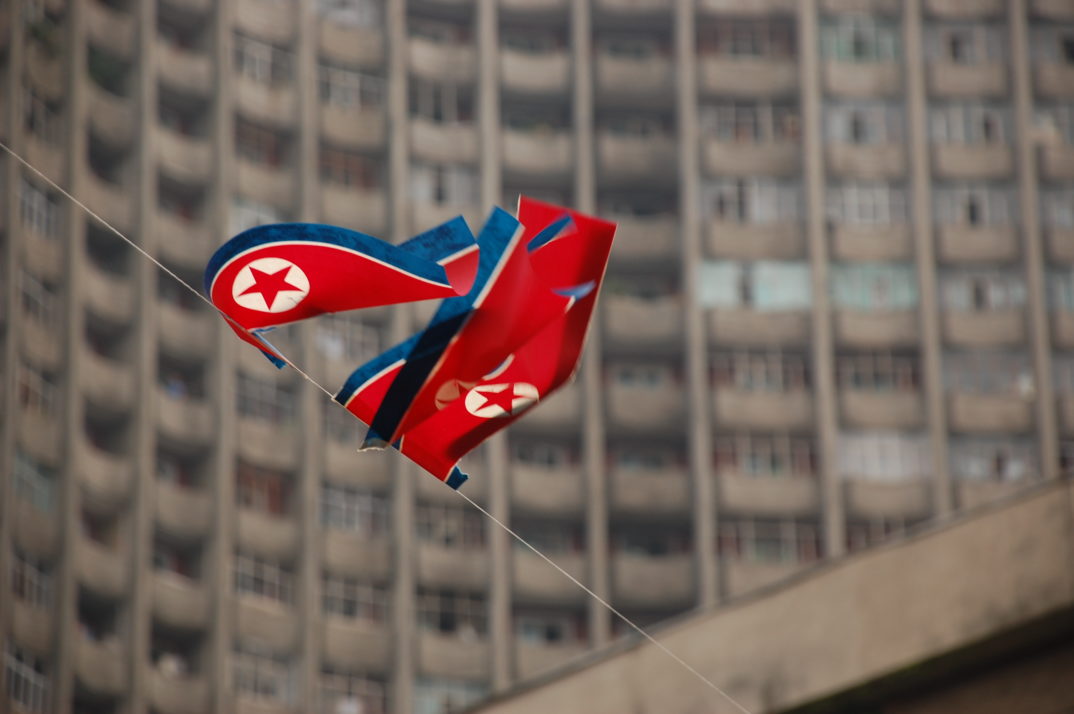International Sanctions: A War of Their Own?
In the current political climate, it is hard to avoid the topic regarding sanctions. The United States has been recently revising the sanctions it has placed on different countries in the past few years, such as North Korea, Russia, and Cuba. Economic sanctions are penalties or blockades against a targeted country, and are a “foreign policy tool” used when diplomatic relations aren’t as effective as intended. These sanctions can take many forms, such as tariffs, embargos, quotas and asset freezes.
A relevant case of sanctions to examine are those placed on the Iranian government regarding its nuclear program. Recently, on the topic of sanctions, President Trump’s administration stated that “they are expecting to see a continued use of US sanctions… in areas like proliferation of weapons of mass destruction, support for terrorist organizations and the deterioration of human rights inside Iran.” This statement is crucial, because it captures the reason why sanctions exist in the first place: to create stress in the way a government runs. However, it also brings in the crucial issue about “human rights.” Should sanctions be extended so far that they affect the citizens’ human rights?
Sanctions against Iran include conditions such as countries in the European Union being forbidden to buy Iranian oil, which makes up “eighty percent of Iran’s revenue.” After the sanctions, Iran experienced a significant decrease in export revenue, which means lower income for Iranians. Another drawback of this sanction was that Iran saw “chicken prices increase by 30 percent and the prices of necessities like vegetables by almost 100 percent.” One does not need economics to understand the effects of these sanctions. If food prices rise, then it is obvious that citizens are the ones who will not be able to afford as many meals. Similarly, due to sanctions, Iran has had to cut subsidies on “food staples, water, electricity and gas,” which again means the people are being adversely affected as these basic necessities become more expensive.
Another problem that Iran was facing was unemployment. Due to the restrictions on imports, Iran could not get required raw materials, which in turn shut down many industries and led to an increase in unemployment. Again, unemployment is not something that benefits people. It may be easy to just read about prices rising, but it definitely affects people in their day-to-day lives in a way that we cannot imagine.
One of the most obvious reasons why countries opt for sanctions is to avoid literal wars. In this situation, another way to make Iran reduce or stop their nuclear war would be through more aggressive methods, which could result in a lot of deaths. So, the argument can be made that sanctions are better because they avoid outright violence. Similarly, without sanctions, countries with nuclear resources like Iran could do whatever they want with their nuclear programs. At least sanctions are creating preventive measures to prevent such severe nuclear experiments from happening.
However, one should not lose focus on the fact that sanctions should be pressuring the government to stop experimenting and working with nuclear weapons. Here, Iran hasn’t really seen much change in its regime, and the regime is what these sanctions are supposed to affect. It’s not meant to make lives harder for the people, since they have no reason to suffer. The people who are affected do not even get to have a say on the decisions being made in Iran regarding the nuclear program, so why should they be the ones to suffer? If sanctions are not really achieving the goals or desired results from the government that it is imposed upon then is it ethical to keep on pursuing sanctions?
Sanctions are placed so they can avoid the pain and catastrophe that wars create. However, the pain still exists. The difference is that there is hunger instead of blood, financial insecurity instead of weapons. It is a war, but an unorthodox one. Hence, how are sanctions any more ethical than wars?





